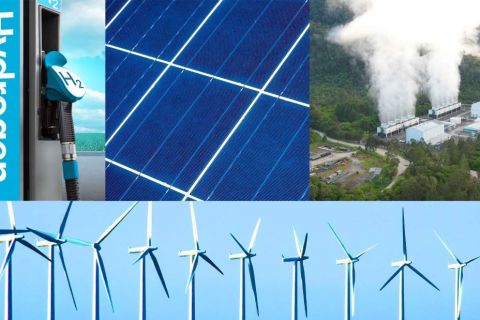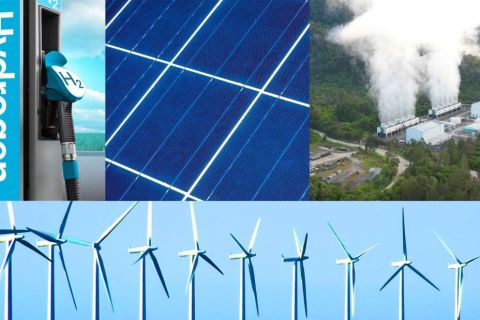Russia's decision to cut crude oil production by 500,000 bbl/d reflects its inability to sell all of its oil, Ben Harris, a U.S. Treasury Department Assistant Secretary, said on Feb. 16.
Russia's Deputy Prime Minister Alexander Novak last week said it would voluntarily cut production beginning next month following the start of Western price caps on Russian oil and oil products on Feb. 5. The move to cut around 5% of output temporarily pushed up global prices.
"They cut back on production because they just couldn't sell it [the oil], not because they wanted to weaponize oil and refined products," Harris said in remarks at the Argus Americas Crude Summit.
The cut follows embargoes and sanctions, including an unprecedented $60/bbl price cap on its crude, by Western countries to punish Moscow for its invasion of Ukraine. Poland, Latvia, Lithuania and Estonia have pushed for lowering the crude oil cap.
Russia's monthly budget revenues from oil and gas fell 46% in January to their lowest level since August 2020 under the impact of Western sanctions on its most lucrative export, according to finance ministry data.
The cap sought to maintain market stability and to drive down Russian revenue, both of which have been achieved, Harris said.
There have been no American companies involved in trading Russian oil above the price cap, he said.
'Wait and see'
It is unclear whether Russia will shut in crude because of the logistical difficulties of placing crude at the cap, or if the production cut lasts, Michael Cohen, BP’s chief U.S. economist, said during the conference.
Colin Parfitt, vice president of midstream for Chevron Corp., also said it was not yet clear whether the output cut is major. The market is in a “wait-and-see” approach to the announcement, Parfitt told Reuters on the sidelines of the conference.
Russia is still selling discounted barrels of crude to purchasers including China and India. Purchasing those Russian barrels is "extremely lucrative" for a large part of the world, said Mercuria President Daniel Jaeggi at the conference.
However, Goldman Sachs said in a note earlier this week that Moscow's trade partners have increasingly paid more for Russian crude than quoted prices suggest, cushioning Russia from the impact of Western sanctions.
Phillips 66's Chief Executive Mark Lashier said the company's base assumption is that Russia's crude and oil products will find their way into the marketplace.
Recommended Reading
Energy Transition in Motion (Week of Oct. 4, 2024)
2024-10-04 - Here is a look at some of this week’s renewable energy news, including the startup of a solar module manufacturing facility with an annual 2-gigawatt capacity.
Energy Transition in Motion (Week of Oct. 11, 2024)
2024-10-11 - Here is a look at some of this week’s renewable energy news, including nearly $7.9 million in bids for geothermal leases in Nevada.
Energy Transition in Motion (Week of Oct. 18, 2024)
2024-10-18 - Here is a look at some of this week’s renewable energy news, including approval of a 2-gigawatt geothermal project in Utah.
Energy Transition in Motion (Week of Dec. 6, 2024)
2024-12-06 - Here is a look at some of this week’s renewable energy news, including a record-setting quarter for solar module capacity in the U.S.
Energy Transition in Motion (Week of Sept. 27, 2024)
2024-09-27 - Here is a look at some of this week’s renewable energy news, including a commitment of more than $116 billion annually in renewables and grids.
Comments
Add new comment
This conversation is moderated according to Hart Energy community rules. Please read the rules before joining the discussion. If you’re experiencing any technical problems, please contact our customer care team.



